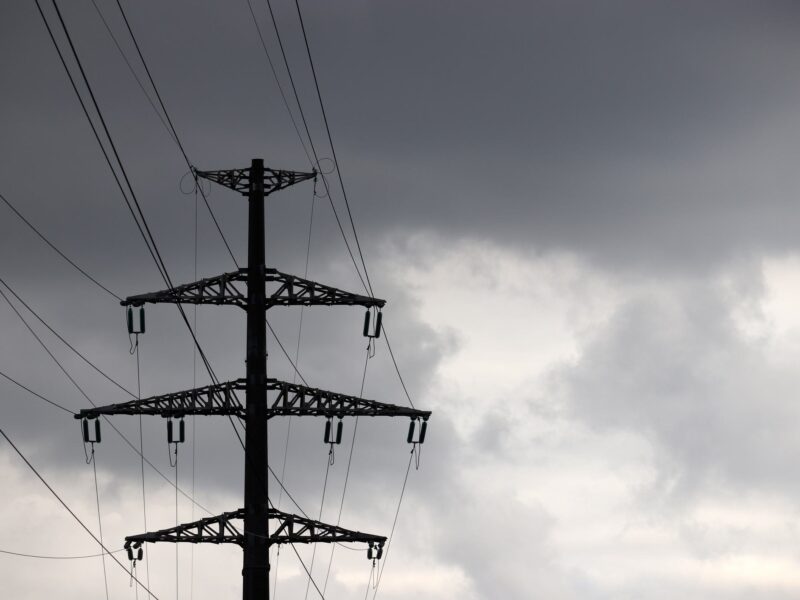Dropouts Cost Texas $9.6 Billion
Students who drop out of high school will cost Texas up to $9.6 billion in lost revenue and outright expenses over their lifetimes, and that figure escalates as each new crop of dropouts is created, concludes a study commissioned by the United Ways of Texas and written by The Bush School of Government and Public Service at Texas A&M University.
A team of 10 graduate students used lost wages, diminished sales tax revenue and welfare payments to calculate the costs in their report, “The ABCD’s of Texas Education: Assessing the Benefits and Costs of Reducing the Dropout Rate.” The effects of dropouts on crime and the associated costs were also considered.
The calculations were based on the projected dropout rate for the class of 2012 – 12.2 percent to 22.2 percent, or 40,519 to 73,692 students.
The United Ways of Texas commissioned the project, with instructions to determine methods for measuring and quantifying the state’s dropout rates, estimate the dropout rate’s economic impact on the state and review dropout prevention programs, identifying best practices.
The report further notes that a reduction in high school students could save the state up to $1.1 billion in education-related costs each year, but investing in keeping these students in school produces a substantial long-term monetary gain.
Similar research projects, called Capstone Projects, are required of all second-year students enrolled in the Bush School at Texas A&M. The faculty advisor for the project was Lori Taylor, who teaches in the Bush School and in Texas A&M’s Department of Economics and is also a program area leader for school finance, facilities and organizations in the State of Texas Education Research Center at Texas A&M.
The project was intended as an informative tool for policy makers, legislators and other key stakeholders to use in their deliberation of education policy, specific to dropout prevention, within Texas, the summary states.
“Through the extensive research and analysis devoted to this project, we believe the findings are vast and troublesome, and in need of immediate attention for the wellbeing of the Texas education system and economy,” the researchers note.





